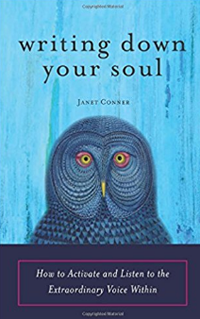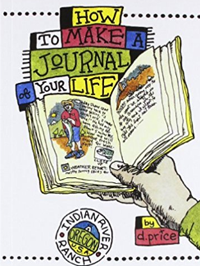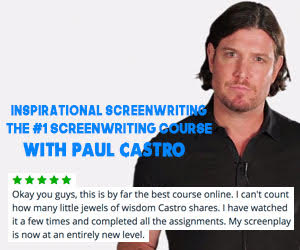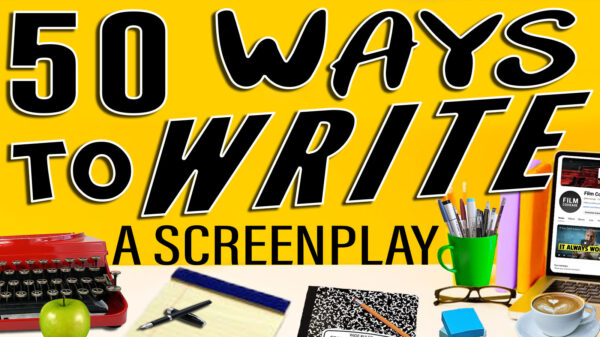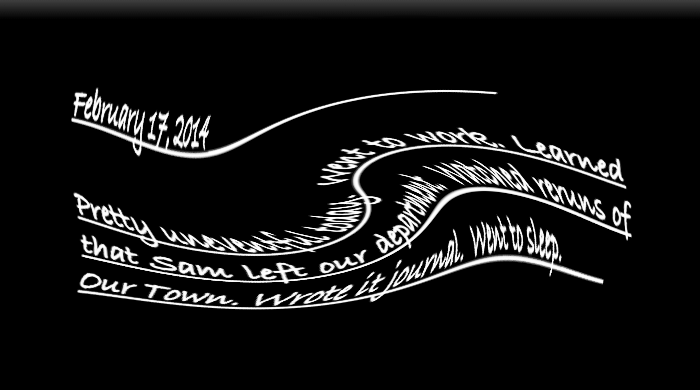
Best Friend and Private Enemy – 7 Thoughts on a Writer’s Journal
Journaling is a writer’s best friend. When writing regularly, it clears your insides. But friends can also turn to foes when neglected. For daily journalers who stop writing, guilt sets in. You begin to feel off all day.
Authors and readers alike love tips or life-torn protagonists romanticizing the act of writing to one’s self.
From Julia Cameron’s The Artist Way Morning Pages, Judy Blume’s pre-teen in Are You There God It’s Me Margaret, the Anonymous/Beatrice Sparks’s addicted teen in Go Ask Alice, to Greg the lovable antihero in Jeff Kinney’s Diary of a Wimpy Kid, journaling mimics waking up at 6:00 a.m. while looking in a mirror. It makes us wince (Did I really write this?). It purges demons. It makes us reconsider conversations (Did they mean it as a joke?) and stops our thoughts from spinning out of control.
In May 2017 New Yorker writer Jia Tolentino pondered the death of the personal essay. Blogging and Vlogging have become new forms of personal essays and (in some sense) journaling turned public. What was once a personal experience of pen to page, declaring our private and sometimes darkest thoughts, has become a new form of revealing ourself to ourselves via an entire online world.

Instead of a personal essay for public consumption, what about a private essay for none other than ourself to read or tear up and release into the ocean? Is it okay to write privately for ourselves again? Does it have to receive numerous retweets to still be effective writing?
Some journal proponents advise getting a plain, cheap notebook so you will write your truth, instead of worrying about an attractive decoupage journal and all the cluttered thoughts you’d rather not include inside it.
Others advise having a beautiful journal that you want to return to, where it feels like a special place to put your thoughts.
Below are a few ideas on journaling from several fellow writers for inspiration. Happy journaling!
Check out How to Make a Journal of Your Life
“For some writers, these essays led to better-paying work. But for many the thrill of reaching an audience had to suffice. And placing a delicate part of your life in the hands of strangers didn’t always turn out to be so thrilling.”
Jia Tolentino, writer of The Personal-Essay Boom Is Over (Via The New Yorker)
Check out Q&A a Day for Writers: 1-Year Journal
“I don’t think everyone wants to create the great American novel, but we all have a dream of telling our stories-of realizing what we think, feel, and see before we die. Writing is a path to meet ourselves and become intimate.”
Natalie Goldberg, Writing Down the Bones: Freeing the Writer Within
“I still don’t understand why the pages must be done in the morning. I write so much better at night.” Let me be clear: good writing is not the point. Think of your pages like a whisk broom. You stick the broom into all the corners of your consciousness. If you do this first thing in the morning, you are laying out your track for the day. Pages tell you of your priorities. With the pages in place first thing, you are much less likely to fall in with others’ agendas. Your day is your own to spend. You’ve claimed it. If you wait to write pages at night, you are reviewing a day that has already happened and that you are powerless to change.”
Julia Cameron, The Artist’s Way Morning Pages Journal: A Companion Volume to the Artist’s Way
In Hollywood now when people die they don’t say, ‘Did he leave a will?’ but ‘Did he leave a diary?’
“It has been said that we live in a world, which implies a destination. The journal is no designed to seek a destination. It takes us on a journey through fragrant meadows, down forbidding back roads, and up steep dark mountains. It is the development of a relationship with ourselves – a path to self-discovery.”
Dan Johnson, Creative Guide to Journal Writing
“Because once you open that door to your soul, you can’t quite close it again.”
Janet Conner, Writing Down Your Soul
“Why do we write? Because we like the sound of our own voices? To be somewhere else? To make sense of ourselves. To get free of ourselves? Because thats all we know how to do?”
Excerpt from Fangirl by Rainbow Rowell
Advertisement


Writing With Flair: How To Become An Exceptional Writer from Udemy.com

The Disobedient Writer: Break the Rules and Free Your Story
A guide to taking your fiction writing and memoir writing beyond the same old formula and telling unforgettable stories from Udemy.com
Learn the screenwriting secrets behind successful cinematic stories in the world of film & television script writing.
Paul Castro the original writer of the Warner Bros. hit movie, AUGUST RUSH.He is a produced, award winning screenwriter and world-renowned screenwriting professor. Success leaves clues and so do masterfully crafted screenplays that sell for millions of dollars.





